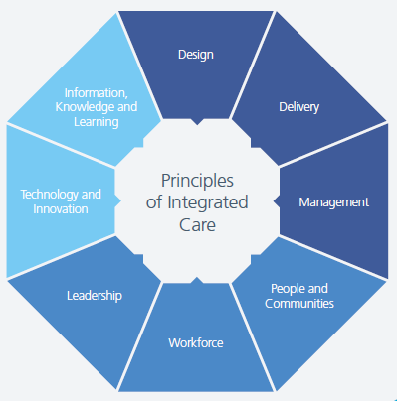 Inequalities | Policy | Primary, community and social care services | Public health and prevention
Inequalities | Policy | Primary, community and social care services | Public health and prevention
Reviewing the evidence on digital inclusion
Digital technology is a significant part of our daily lives. It has changed the way we interact with each other, the services we use, and the ways we work. The NHS is no exception. Digital technology has begun to change the way health…
 Elective care | Policy | Primary, community and social care services | Public health and prevention
Elective care | Policy | Primary, community and social care services | Public health and prevention
Evidence review: Early diagnosis of cancer
Detecting cancers early is essential to saving lives and reducing the need for invasive treatments. So, in 2019, the NHS Long Term Plan set a national target for increasing the proportion of cancers diagnosed at an early stage. There is room for improvement in current performance. In 2018, 55% of…
How can Integrated Care Systems collect and use more ‘person-centred intelligence’?
Working with our partners Ipsos MORI, we have produced detailed guidance and an offer of services to address this question. This webpage contains information about the work, and all the products from it. Please get in touch if you would like to improve your use of person-…
 Inequalities | Policy | Primary, community and social care services
Inequalities | Policy | Primary, community and social care services
New care models - what's the evidence
High level findings from a series of evidence reviews on new care models.
Referral management: rapid evidence scan
Aiming to inform the design of a new primary care-led model of care, this report summarises evidence on referral management.
 Elective care | Emergency care | Primary, community and social care services
Elective care | Emergency care | Primary, community and social care services
Integrated care: rapid evidence scan
Exploring what integration can mean in different contexts, we have summarised evidence on effectiveness and cost effectiveness of integrated care, alongside lessons for implementation and considerations for measurement and evaluation.
Unplanned admissions: rapid evidence scan
Reducing unplanned admissions is a key priority for local health economies. This rapid evidence scan will help you to navigate the evidence base on various service interventions and their impact on unscheduled care.